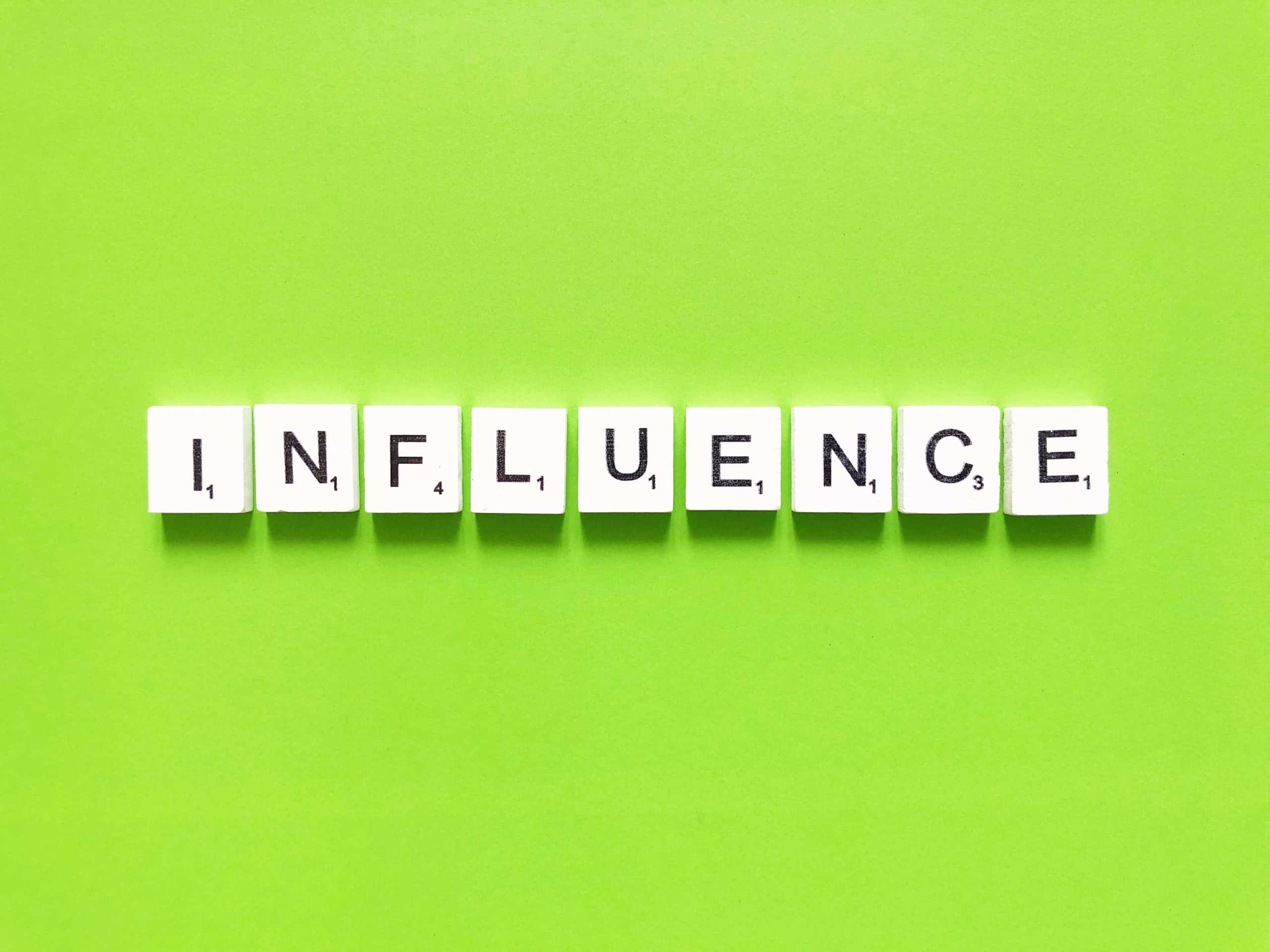In today’s digital age, social media has become an integral part of our lives. It provides a platform for communication, entertainment, and expression. However, its impact is not always positive, especially when it comes to young athletes. The way social media is utilized can significantly shape an athlete’s mental health, and this effect should not be underestimated.
The Positive Effects of Social Media on Young Athletes
Social media can offer numerous benefits for young athletes, particularly in terms of their psychological well-being and upward mobility in their sports careers. It provides an invaluable platform for networking, self-expression, and motivational training.
A découvrir également : What Are the Techniques for Maximizing Aerobic Capacity in Competitive Rowers?
Social media platforms like Instagram, Twitter, and Facebook have proven to be effective tools in building an athlete’s personal brand and network. They offer athletes an avenue to showcase their skills, share their experiences, and connect with fans, fellow athletes, and potential sponsors. This digital networking can contribute to their upward mobility in the sports industry, boosting their careers and widening their opportunities.
Social media also enables young athletes to express themselves freely, sharing their triumphs, struggles, and everything in between. This transparency can lead to a sort of psychological catharsis, helping them process their experiences and emotions. Furthermore, social media can serve as a support system, where athletes can find others who share similar experiences, leading to a sense of community and mutual understanding.
En parallèle : How Can Smart Insoles Aid in the Prevention of Running Injuries?
Moreover, seeing the success stories of other athletes can serve as a source of motivation and inspiration. It can encourage young athletes to train harder, strive for excellence, and remain resilient in the face of challenges. In this way, social media can contribute to their mental fortitude and overall well-being.
The Negative Effects of Social Media on Young Athletes
Despite the potential benefits, social media can also have negative effects on the mental health of young athletes. The constant exposure to the lives and achievements of others can lead to a plethora of psychological issues, such as anxiety, low self-esteem, and even depression.
One of the primary negative effects of social media is the pressure it puts on young athletes to constantly perform at their peak. Seeing fellow athletes’ success can sometimes lead to unhealthy comparison and constant self-scrutiny. This may result in heightened anxiety levels and a decrease in self-esteem.
Additionally, the anonymity and ease of communication that social media provides can open doors to cyberbullying and negative feedback. Young athletes, who are often in the public eye, can become easy targets for online harassment. This can significantly impact their mental health, causing stress, anxiety, and potentially leading to more severe issues like depression.
Furthermore, the constant need to update, engage, and maintain an online presence can be mentally exhausting. The fear of missing out (FOMO) or not keeping up with digital trends can lead to an unhealthy obsession with social media, contributing to disrupted sleep patterns and a decrease in real-life social interaction.
Role of Sports Scholar Programs in Mitigating Negative Effects
Sports scholar programs can play a pivotal role in mitigating the negative effects of social media on the mental health of young athletes. They can offer support, education, and strategies for effectively managing social media use.
Sports scholar programs can provide athletes with the necessary mental training to deal with the pressures of social media. This could include mindfulness techniques, stress management strategies, and sessions on self-esteem building. Ensuring that athletes have the psychological tools to cope with potential negative effects can significantly reduce the risk of mental health issues.
Moreover, these programs can educate young athletes about the potential dangers and pitfalls of social media use. This can involve teaching them about online etiquette, how to handle negative feedback, and the importance of setting boundaries for social media use. They can also educate athletes on the significance of focusing on their own journey, rather than comparing themselves to others.
Finally, sports scholar programs should focus on promoting a balanced lifestyle. This includes encouraging athletes to spend time off-screen, engage in real-life social interactions, and prioritize their well-being over their online presence. This balance can help safeguard their mental health while allowing them to reap the benefits of social media.
How Athletes Can Capitalize on Social Media Positively
While it’s clear that social media can have both positive and negative effects on young athletes’ mental health, it’s essential to remember that much of this impact depends on how it’s used. Athletes can choose to capitalize on social media in a way that can enrich their lives and careers without jeopardizing their mental health.
Firstly, athletes should use social media platforms as tools for networking and building their brand, rather than measuring their worth or success. They should focus on sharing their journey and connecting with others, rather than comparing themselves to their peers.
Moreover, athletes should prioritize their well-being over their online image. This means setting boundaries for social media use, taking regular breaks, and not letting negative feedback or online harassment affect their self-esteem or mental peace.
Finally, athletes should use social media as a source of inspiration and motivation, not pressure. They should see the success of others as a motivation to work harder, rather than as a yardstick for their own success. By adopting these strategies, athletes can capitalize on social media positively, maximizing its benefits while minimizing its potential harm.
In conclusion, while social media can have a significant impact on the mental health of young athletes, it’s not all negative. With the right strategies and support, athletes can leverage social media for their benefit while minimizing its potential pitfalls.
The Role of Social Comparison in Shaping Athletes Mental Health
Social media, with its wide reach and constant updates, has made social comparison easier and more frequent than ever before. For young athletes, this aspect of social media can significantly shape their mental health, often in negative ways.
Social comparison theory suggests that individuals determine their worth by comparing themselves to others. In the context of social media, this could mean young athletes comparing their performances, skills, body image, and lifestyles to those of their peers or even professional athletes they follow.
The danger lies in the fact that social media often presents a distorted, highly curated version of reality. Athletes may see fellow athletes posting about their victories, training regimens, and impressive physical shape, which can lead to feelings of inadequacy or jealousy. This can cause mental distress, lowering self-esteem, and inducing anxiety.
However, social comparison isn’t inherently harmful. If used positively, it can motivate young athletes to improve their performance, inspire them to achieve their goals, and help them understand norms and standards in their sports. The key is to promote healthy comparison, where athletes use others’ achievements as motivation, not as a yardstick to measure their self-worth.
The Importance of Psychological Capital in Athletes’ Mental Health
Psychological capital, often referred to as PsyCap, is an individual’s positive psychological state of development. It is characterized by four components: self-efficacy, optimism, hope, and resilience. These attributes are particularly crucial for young athletes, who often face intense pressure and adversity in their sports careers.
Research shows that high levels of PsyCap can buffer against the negative effects of stress, improve performance, and enhance overall well-being. In the context of social media, cultivating PsyCap can help athletes cope with the pressures of social comparison, negative feedback, and the need to maintain an online presence.
Sports scholar programs can help athletes build their PsyCap by providing mental conditioning, teaching resilience strategies, and fostering an environment that promotes optimism and hope. This can equip athletes with the necessary mental tools to navigate the challenges of social media.
Moreover, athletes themselves can boost their PsyCap by engaging in positive self-talk, setting achievable goals, and maintaining a positive outlook. By nurturing their PsyCap, athletes can not only safeguard their mental health in the face of social media pressures but also enhance their performance and satisfaction in their sports careers.
In Conclusion: Balancing the Pros and Cons of Social Media for Athletes
The impact of social media on the mental health of young athletes is multifaceted, with both positive and negative effects. While it offers opportunities for networking, self-expression, and motivation, it also poses challenges like social comparison, cyberbullying, and the pressure to maintain an online presence.
However, the key lies not in avoiding social media but in using it positively and effectively. Athletes can do this by focusing on their own journey, setting boundaries for social media use, and using others’ success as motivation rather than as a source of pressure.
Furthermore, sports scholar programs can play a vital role in helping athletes navigate the world of social media. They can do this by providing mental training, promoting healthy social media habits, and fostering psychological capital.
In essence, while social media can have a significant impact on athletes’ mental health, it also offers avenues for personal and professional growth. With the right strategies and support, young athletes can navigate social media in a way that boosts their careers and well-being, while minimally impacting their mental health.






